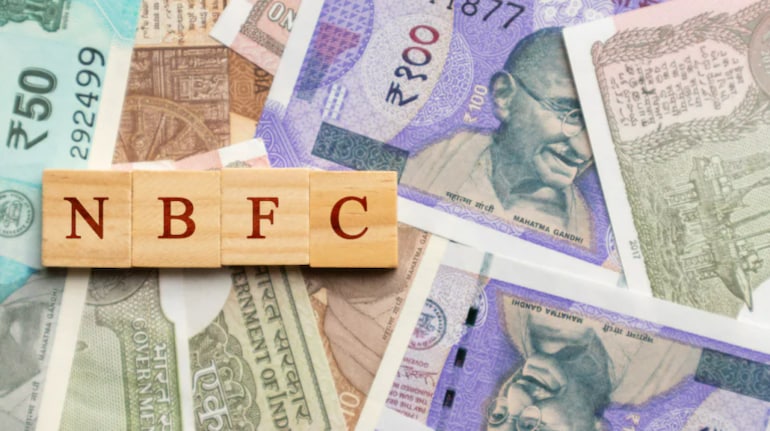



The Reserve Bank of India (RBI) is unlikely to give non-banking financial companies (NBFCs) any exemption from stricter bad loan rules coming into force, according to recent media reports. NBFCs have asked RBI to exempt smaller loans from the rules taking effect next month that are in line with those covering banks. According to industry leaders, the refusal of such a request will initially pose a challenge to the NBFC sector, but will eventually benefit the sector in the long run.
Existing norms and RBI guidelines for NBFCsNBFCs have to follow the regulations for identifying and disclosing non-performing assets (NPAs) as per the asset classification norms set out by the RBI. Unlike commercial banks, where a loan can be tagged as a bad loan if there has been no payment for continuous three months, the time period is six months for NBFCs.
Earlier, RBI had extended certain exemptions to NBFCs with respect to the classification of NPAs done on monthly basis instead of on daily basis (as applicable to banks). Similarly, the upgradation of an NPA account to standard account will now require recovery of the entire amount in arrears; partial recovery of interest or principal loan will not suffice to upgrade the account.
“The 90-day norm of an account being out of order shall now be uniformly applicable on daily basis. NBFCs had been provided time till September 30, 2022 to put in place the system for compliance with more stringent norms. In the absence of these exemptions, there is the likelihood of a spike in bad loans in NBFCs,” said Jyoti Prakash Gadia, Managing Director, Resurgent India, a corporate financial advisory firm that works closely with NBFCs.

According to experts, the refusal by RBI may have an adverse impact in the short term as there will be a sudden spike in bad loans, but will usher in better transparency in the lending process of NBFCs in the long run.
“With RBI discarding the requests there will be a bump in NPAs of all NBFCs. NBFCs have asked for extension of the deadline. It will bring a lot of transparency into the books of all publicly-listed NBFCs. It is tightening lending standards,” added Karamveer Singh Dhillon, Co-founder, and CEO of Perpetuity Capital, an NBFC.
Higher levels of defaults by NBFCs could pose a serious challenge to the banking sector. As pointed out by industry leaders, NBFCs borrow money from banks, and if NBFCs start defaulting, banks will be in trouble.
“RBI is trying to bring mandates and other regulations so as to ensure there are lesser systemic risks to the financial system. If companies in the shadow banking sector have risks involved, it can pose a risk to the broader banking system as NBFCs account for nearly 20 percent of all banking activities,” added Dhillon.
But, in the long run, there will be better transparency, which, in turn, will help NBFCs deal better with their NPAs, say experts.
Many NBFCs are not correctly reporting their loan accounts. If a borrower makes a payment, NBFCs upgrade them to standard assets, whereas RBI has said that unless all arrears, including all moratoriums, are cleared and are brought up to date, they can’t be considered standard performing assets.
Why is the RBI likely to discard it?Both analysts and industry leaders from the NBFC sector expect stricter regulations and norms to be imposed by the RBI on NBFCs, considering the recent incidents like the IL&FS default, and DHFL fiasco.
"Dubious lending apps that victimise consumer borrowers have come under scrutiny and action from law enforcement agencies. There is a well-defined regulatory framework by RBI for NBFCs and compliant entities will continue to abide by the guidelines as and when rolled out,” Monish Anand, Founder & CEO, MyShubhLife, a full stack financial services platform with an in-house NBFC, said.
Alongside, it is likely that RBI wants to establish uniformity among lending institutions, especially in the current context where joint lending by banks and NBFCs is being encouraged. Common borrowers having loan accounts with both banks and NBFCs need to face the same set of criteria for classification as NPA, failing which, a contradiction may emerge in the shape of one particular borrower being treated as NPA by a bank and as a standard asset by an NBFC, say the experts.
Discover the latest Business News, Sensex, and Nifty updates. Obtain Personal Finance insights, tax queries, and expert opinions on Moneycontrol or download the Moneycontrol App to stay updated!
Find the best of Al News in one place, specially curated for you every weekend.
Stay on top of the latest tech trends and biggest startup news.